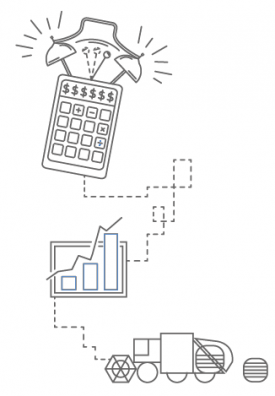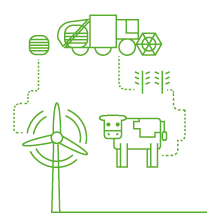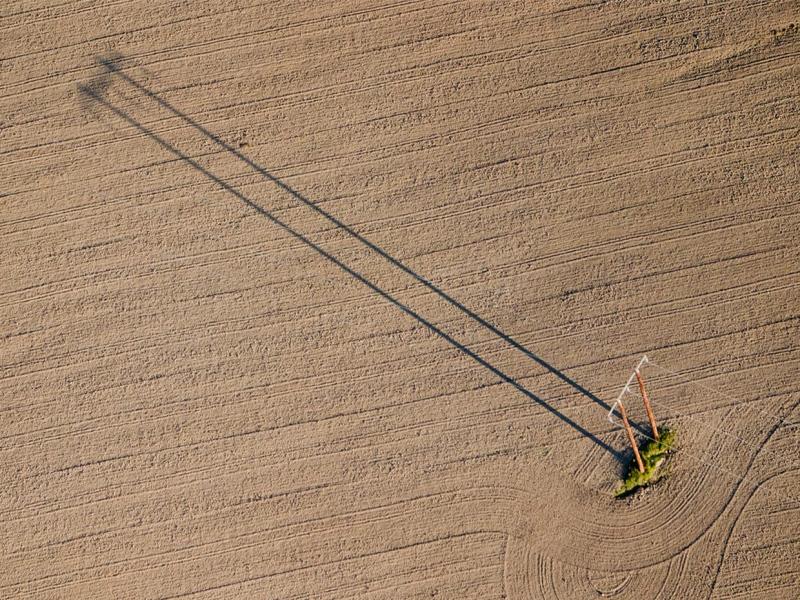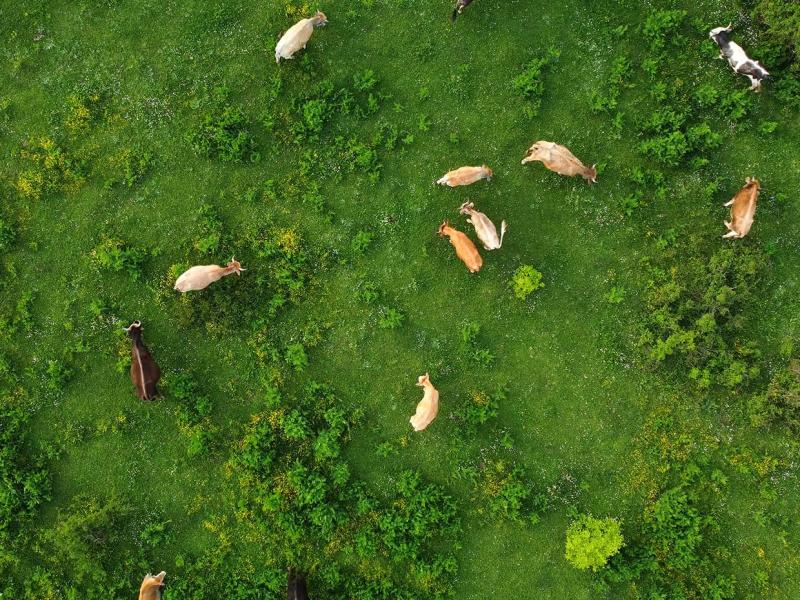Farming is arguably one of the more volatile industries in the world.
Because of the fluctuating and inconsistent nature of the profitability of the business on a year-to-year basis, the consideration of establishing off-farm assets becomes critical in h elping farming business owners meet long-term financial objectives.
elping farming business owners meet long-term financial objectives.
The following scenarios are often challenges faced by farming enterprises:
- Mum and dad gift the farming business to the children that have worked on the farm. With mum and dad receiving no consideration, they don’t have a suitable level of assets for retirement purposes and then continue to remain reliant on the business to be able to fund their own retirement needs.
- Children are being forced to borrow significant lump sums to pay mum and dad for acquiring the land and business from them, therefore placing greater pressure on the next generation when running the business.
- Estate planning equalisation issues for non-farming children who are seeking their share of the estate but the estate only consists of farming operation assets being utilised by the children that continue to work on the farm.
Often a strong, profitable year for a farming business leads to business owners looking at options of purchasing more land, upgrading equipment, or buying more stock. Alternatively, directing a portion of profits during stronger years towards off-farm assets can help assist in mitigating some of the challenges highlighted above.
Capital instead can be allocated to investment portfolios or superannuation accounts consisting of a mix of assets such as cash, term deposits, bonds, Australian shares, and international shares.
These asset classes can be accessed via vehicles such as exchange-traded funds, managed funds, or in the case of shares, owned directly. A suitable mix of exposure to each of the asset classes highlighted above should be determined by the individual’s investment time frame and risk tolerance.
Asset classes such as Australian and international shares over the long term should generally outperform when compared to assets such as cash and fixed interest.
But they can be volatile over the shorter term. Therefore, establishing an individual’s investment time frame to ensure the portfolio is appropriately tailored to reflect the individual’s circumstances is paramount.
The tax effectiveness of the structure of off-farm assets should also be factored into discussions.
For example, should the assets be held via superannuation, in personal names, or a discretionary trust? What are the pros and cons of each of these options? These factors should also be given due consideration.
For more information
Should you be seeking more information on the establishment of off-farm assets for your farming business, we encourage you to reach out to the team at RSM.
Note: past performance is not an indicator of future results.
This article has been prepared by RSM Financial Services Australia Pty Ltd ABN 22 009 176 354, AFS Licence No. 238282.
As everyone's circumstances are different and this article doesn't take into account your personal situation, it is important that you consider the above in light of your financial situation, needs and objectives, and seek financial advice before implementing a strategy.
View the Financial Services Privacy Statement and Policy and Financial Services Guide





